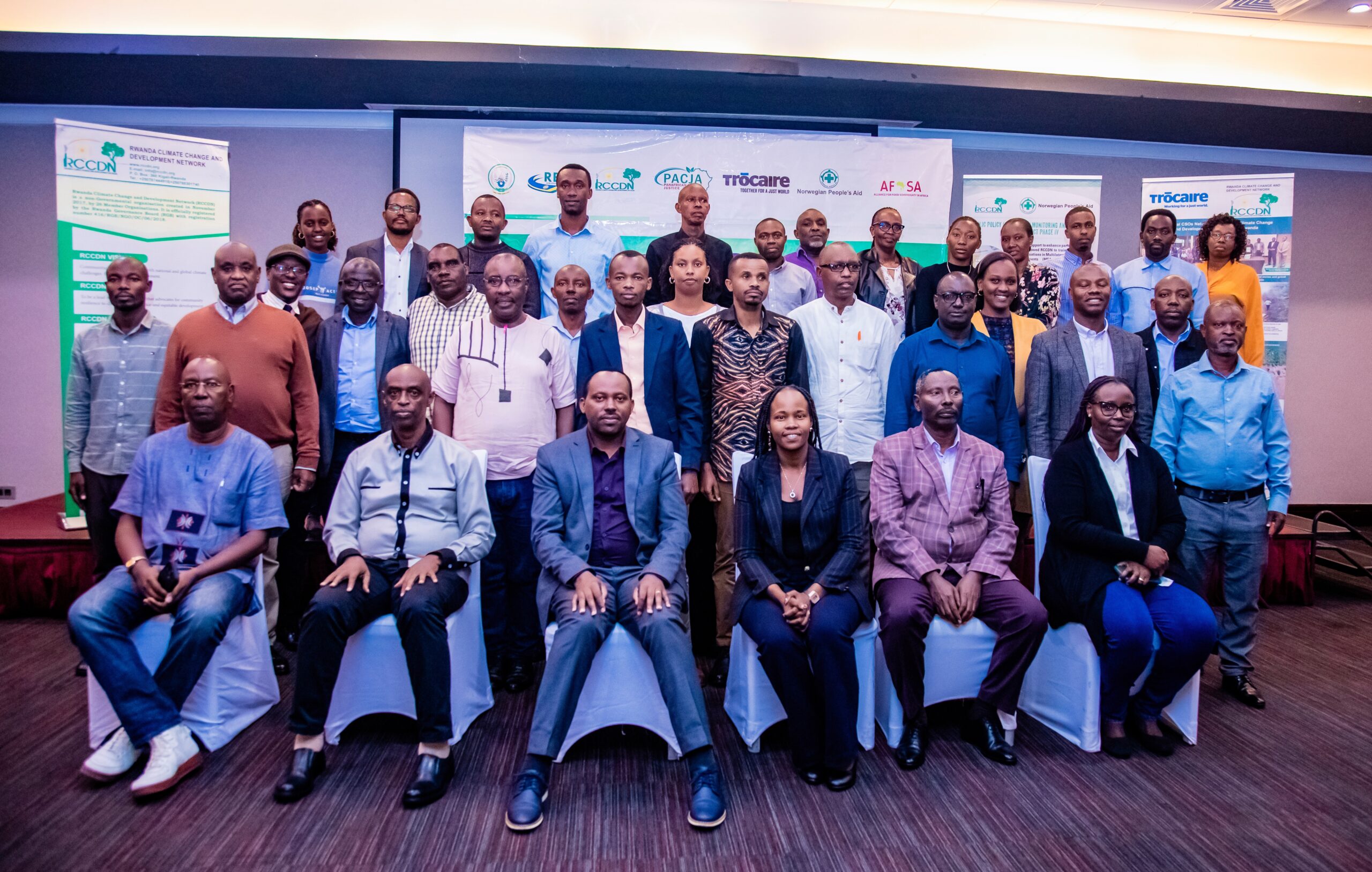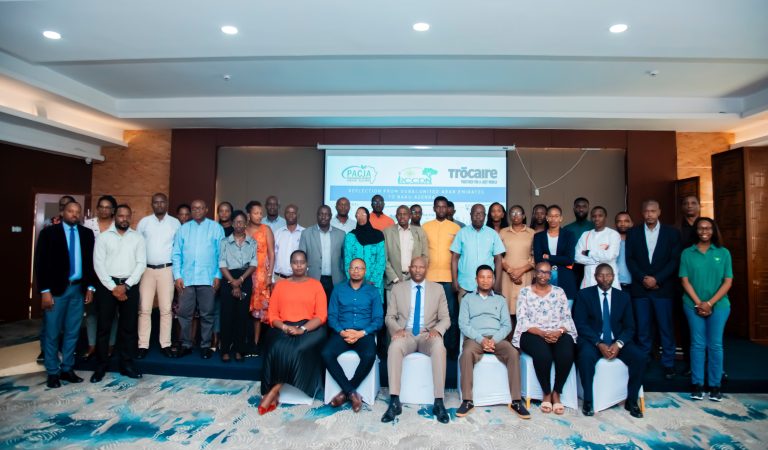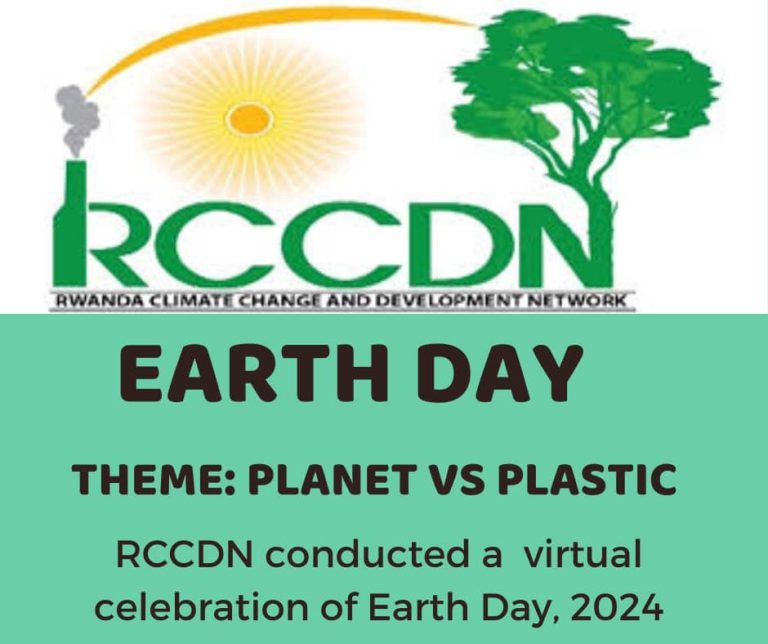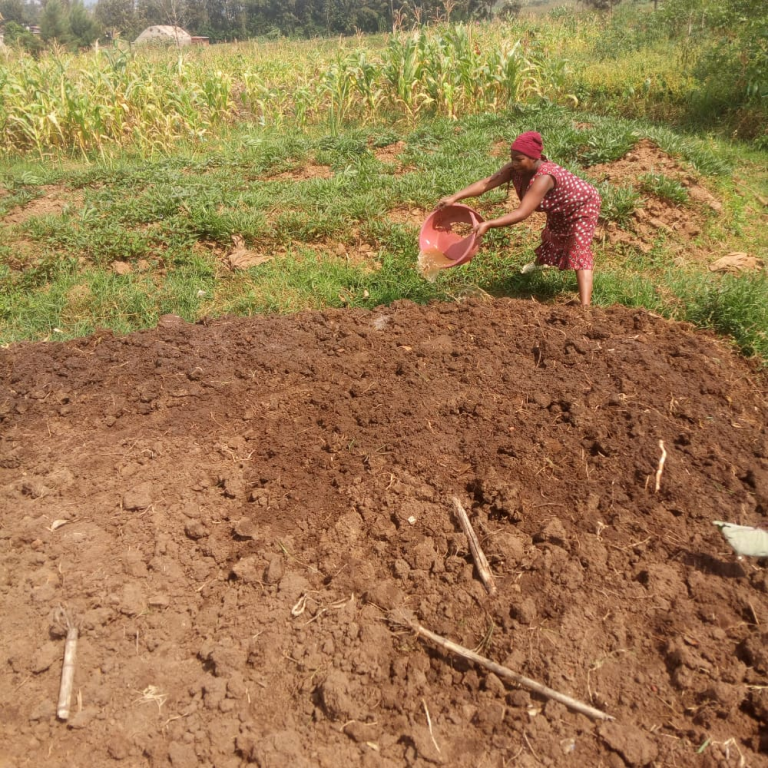Intending to look back into the key takeaways from COP27 and forward into the COP28 expectations, RCCDN organised a stakeholders meeting. Rwanda is set to unveil its carbon market scheme at COP28 from November 30 to December 12 in Dubai.
To reduce greenhouse gas emissions, Rwanda is set to unveil its carbon market scheme at COP28 which will draw investors’ attention. Therefore, polluters will then be given a platform to finance emissions-reduction projects on a global scale.
In regards to the COP27 takeaways, Herman Hakizimana, the Climate Change Program Manager at REMA said, “We advocated for increased climate finance to enhance our ability to adapt and build resilience against climate change impacts during COP27. Unfortunately, the outcomes fell short of expectations with the promised doubling of climate adaptation finance not materializing.”

The Rwanda Climate Change and Development Network (RCCDN) Coordinator, Faustin Vuningoma revealed that COP27 did not meet Africa’s expectations as far as addressing financing for loss and damage is concerned.
He echoed what needs to be done and prioritized in COP28 as the African considerations, and underscored the essence of involving the African nation in negotiations to amplify their voices. He also cautioned against the potential shortcomings of carbon market schemes, highlighting the need for concrete steps to reduce carbon emissions, invest in renewable energy infrastructure, and prioritize actions for climate adaptation.
“We want to have a clear picture of that adaptation fund be well aligned to mitigation and greenhouse gas emissions, know where the fund will come from and how the support can get to those who are affected by climate change. Polluters should pay a tax that will be used for mitigation and fighting climate change. There was a goal of giving $100 billion by 2022 but it was not done,” said Faustin Vuningoma.
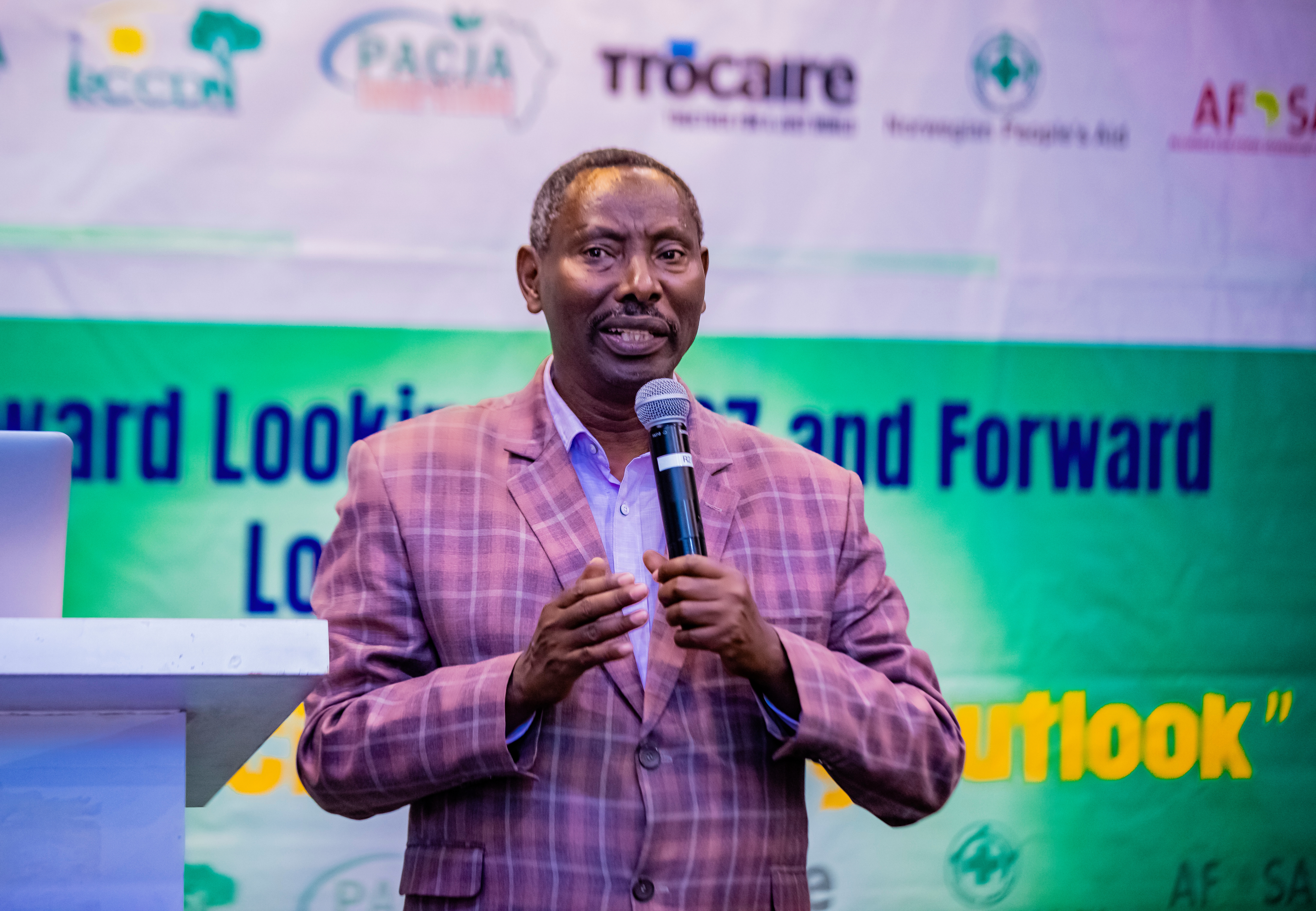
One of the key issues at COP28 will be the global goal of adaptation, with an emphasis on ensuring that developing countries have access to the funding needed for adaptation. The idea of doubling adaptation funding remains a top priority, and COP28 is expected to establish a mechanism to achieve this goal.
Dr Abias Maniragaba, the RCCDN Researcher and environmental expert, accentuated the climate financing gap as a significant challenge for African countries in adapting to climate change and its associated impacts. He called on stakeholders to craft clear messages and demands that hold those responsible for climate issues accountable, especially at COP28, which has been labelled the “Accountability COP.”
Different Civil Society Organizations (CSOs) in Rwanda expect that during COP28 African concerns will be prioritized, involved in negotiations, tangible actions to reduce emissions, investment in renewable energy, and climate adaptation measures.


